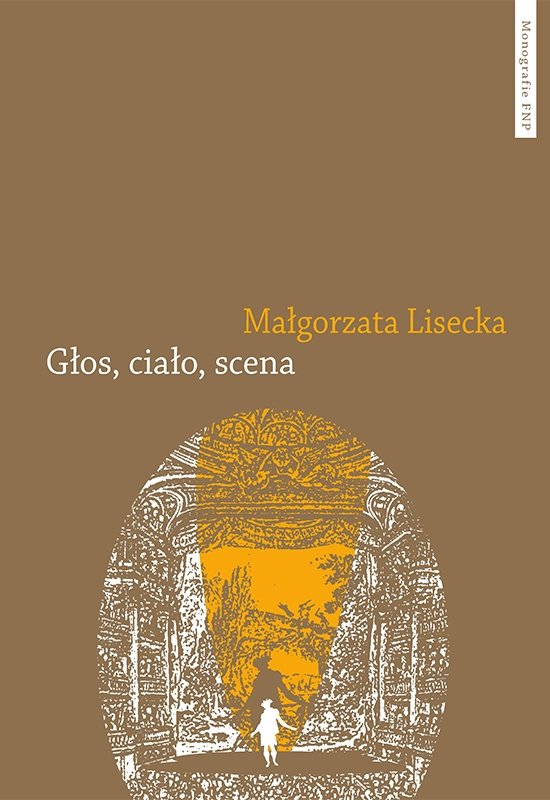Muzykolożka i kulturoznawczyni, adiunktka w Instytucie Nauk o Kulturze Uniwersytetu Mikołaja Kopernika w Toruniu. Zajmuje się w szczególności badaniami nad teatrem operowym, tekstami librettowymi, ponadto zaś badaniami porównawczymi nad związkami muzyki i literatury, zwłaszcza w innych gatunkach wokalno-instrumentalnych, a także nad muzyką filmową. Jest autorką monografii na temat estetyczno-muzycznych kontekstów polskiej poezji barokowej (2016) oraz wielu artykułów naukowych. Brała udział w licznych konferencjach i seminariach naukowych w Polsce, Hiszpanii, Portugalii, Grecji, Rumunii, Chinach, na Węgrzech i we Włoszech. Należy do Sekcji Muzykologicznej Związku Kompozytorów Polskich oraz do Polskiego Towarzystwa Kulturoznawczego. Jest też członkinią slawistyczno-luzytanistycznego stowarzyszenia CompaRes przy Uniwersytecie Lizbońskim.
Głos, ciało, scena. Afektywność teatru operowego we francusko-włoskim dyskursie słownikowym 1768–1826
Rok wydania:2023
Nr wydania:pierwsze
Liczba stron:414
ISBN:978-83-231-5164-7
eISBN:978-83-231-5165-4
Format:148 x 210 mm
ISBN (oprawa twarda):978-83-231-5164-7
DOI:
https://doi.org/10.12775/978-83-231-5165-4














